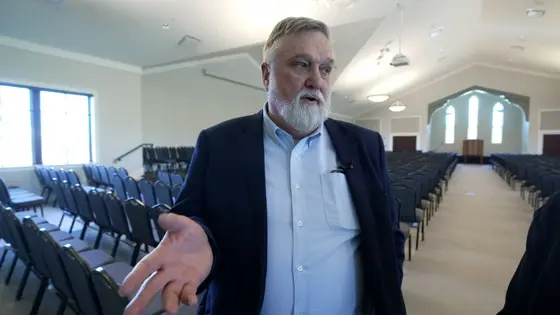T4K3.news
Kroger closes more Washington stores
Kroger will close two Fred Meyer locations in Lake City and Redmond in October, affecting 343 workers as part of a broader round of closures.
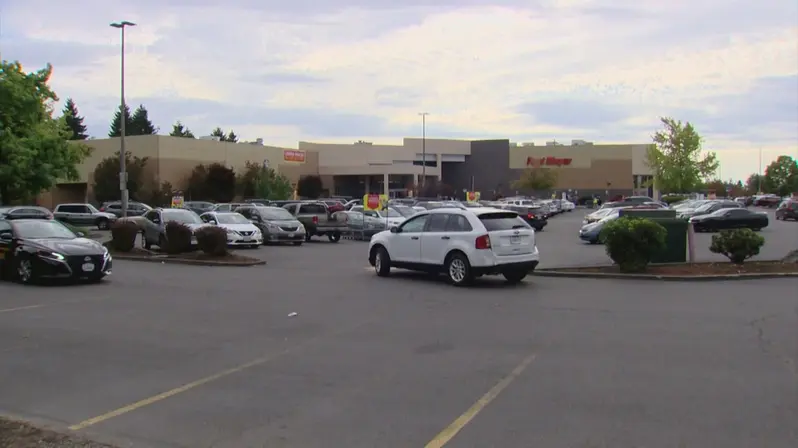
Kroger plans to close two more Fred Meyer locations in Washington this October, affecting 343 workers and raising concerns about food access in affected communities.
Kroger closes six Washington stores amid investor cautious tone
Kroger will close two more Fred Meyer locations in Lake City and Redmond, Washington, in October, adding to earlier announcements about closures at Kent and Everett. The total impact from these moves affects 343 workers across the two sites. Kroger says crime concerns drive the decision, but the company has not released crime data to back that claim. The closures come as the retailer recalibrates its Washington portfolio, prompting questions about access to affordable food in neighborhoods that rely on these stores.
The reaction from labor groups and lawmakers was swift. UFCW 3000 framed the closures as part of a broader pattern of mass consolidation and criticized the pace of cuts. Seattle Congresswoman Pramila Jayapal highlighted potential food access issues and called for accountability, while Kroger interim CEO Ronal Sargent noted on an earnings call that some stores are not delivering sustainable results. These statements underscore a broader debate about how commerce and public needs intersect in rapidly changing markets.
Key Takeaways
"Food deserts are not a natural phenomenon giant grocery store corporations create them when they put their bottom lines over the health and well being of our communities and workers"
Seattle Congresswoman Pramila Jayapal on the broader impact of store closures
"Staggering store closure announcements that impact hundreds of workers and thousands of our neighbors over the course of two days is really something else"
Fay Guenther, president of UFCW 3000, responding to the closures
"Unfortunately, today, not all of our stores are delivering the sustainable results we need"
Ronal Sargent, Kroger interim CEO, on earnings call
The closures illustrate how big retailers reshape local economies. When stores vanish, communities without many alternatives bear the cost in food access and job stability. The rhetoric of crime and corporate performance can blur the real impact on workers and neighbors. This pattern also tests the balance between corporate efficiency and social responsibility in the grocery sector. As lawmakers and unions press for transparency, the episode tests whether market forces will offer safeguards for vulnerable communities or simply accelerate disruption.
Looking ahead, the episode could push policymakers to demand clearer plans from retailers on what replaces or substitutes for closed stores. If Kroger does not provide tangible options for affordable food and worker transition, public scrutiny and potential backlash are likely to rise. The coming weeks will reveal whether this is a short-term portfolio shuffle or a signal of deeper tensions between corporate strategy and community well-being.
Highlights
- Food access should not hinge on a quarterly report
- Store closures hit workers and neighbors hardest
- Consolidation cannot come at the expense of neighbors meals
- We need real plans not empty promises when stores shut
Political and community impact risks
Store closures in diverse neighborhoods raise concerns about food access, job losses, and potential political backlash. The absence of detailed crime data and the rapid pace of announcements could invite public scrutiny and regulatory attention.
Communities will watch how Kroger responds to food access concerns and worker transitions in the months ahead.
Enjoyed this? Let your friends know!
Related News
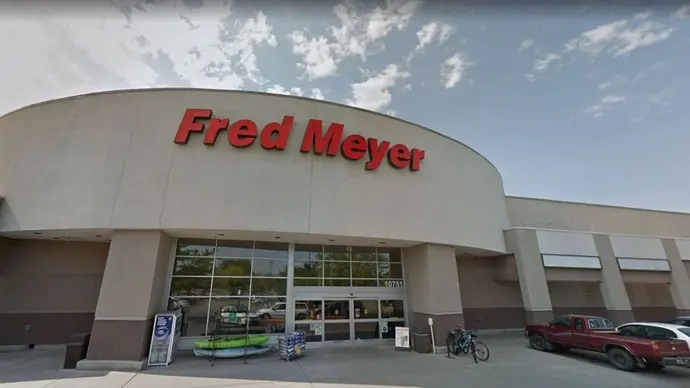
Fred Meyer stores in Kent and Everett closing
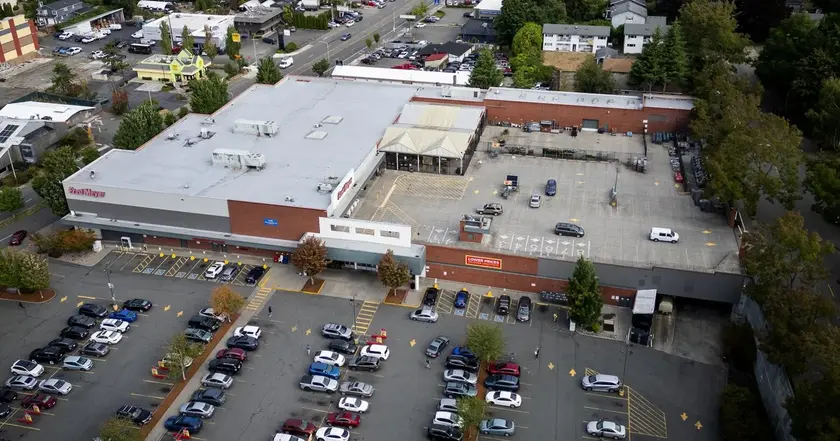
Kroger closes two more Seattle Fred Meyer stores
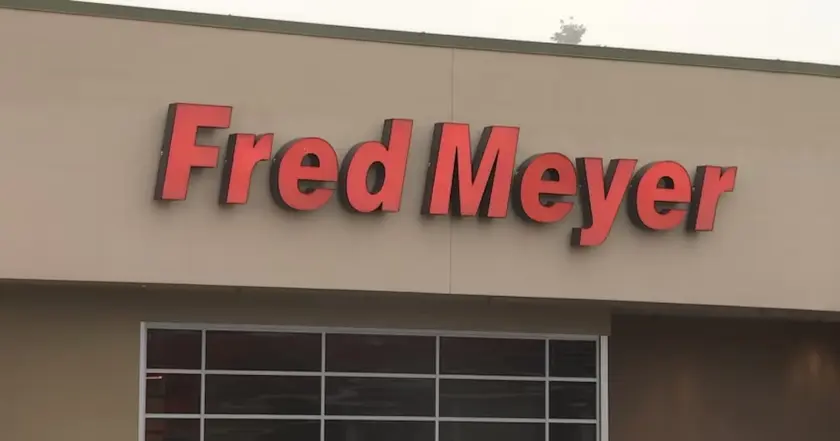
Kroger to close two Puget Sound stores

Deregulation fuels a dangerous supplement market
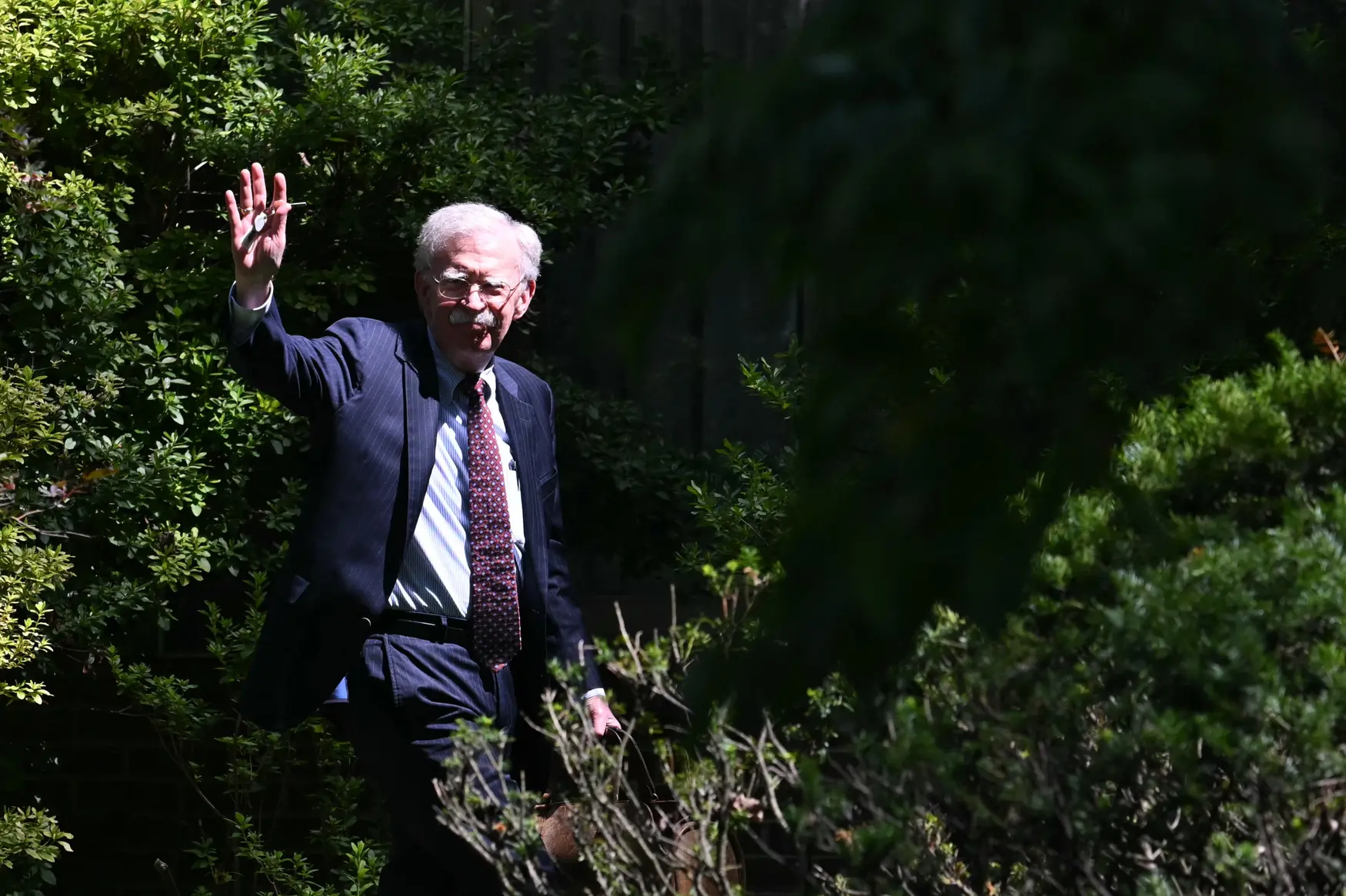
Bolton FBI raid tests line

Fantasy preseason update

North Korea reveals secret missile base near China border
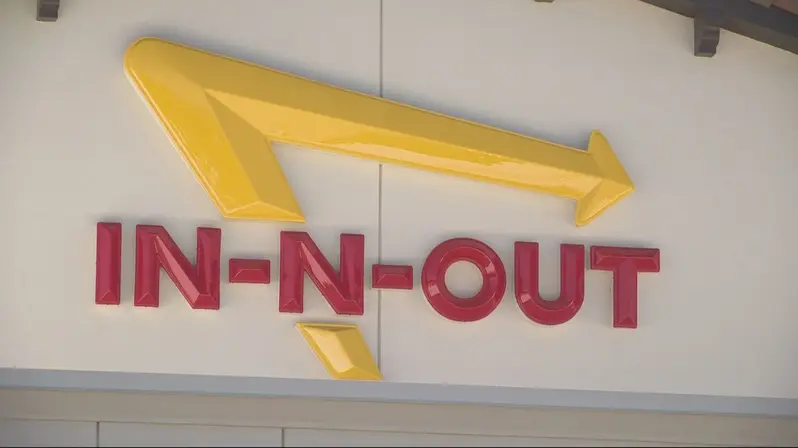
Washingtons first In-N-Out opens in Ridgefield
